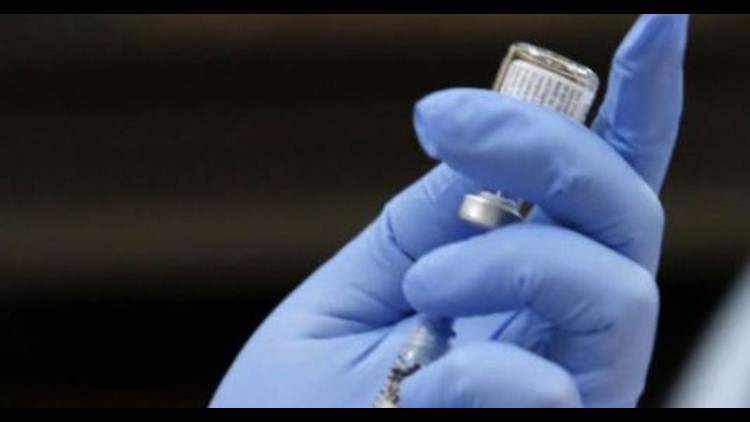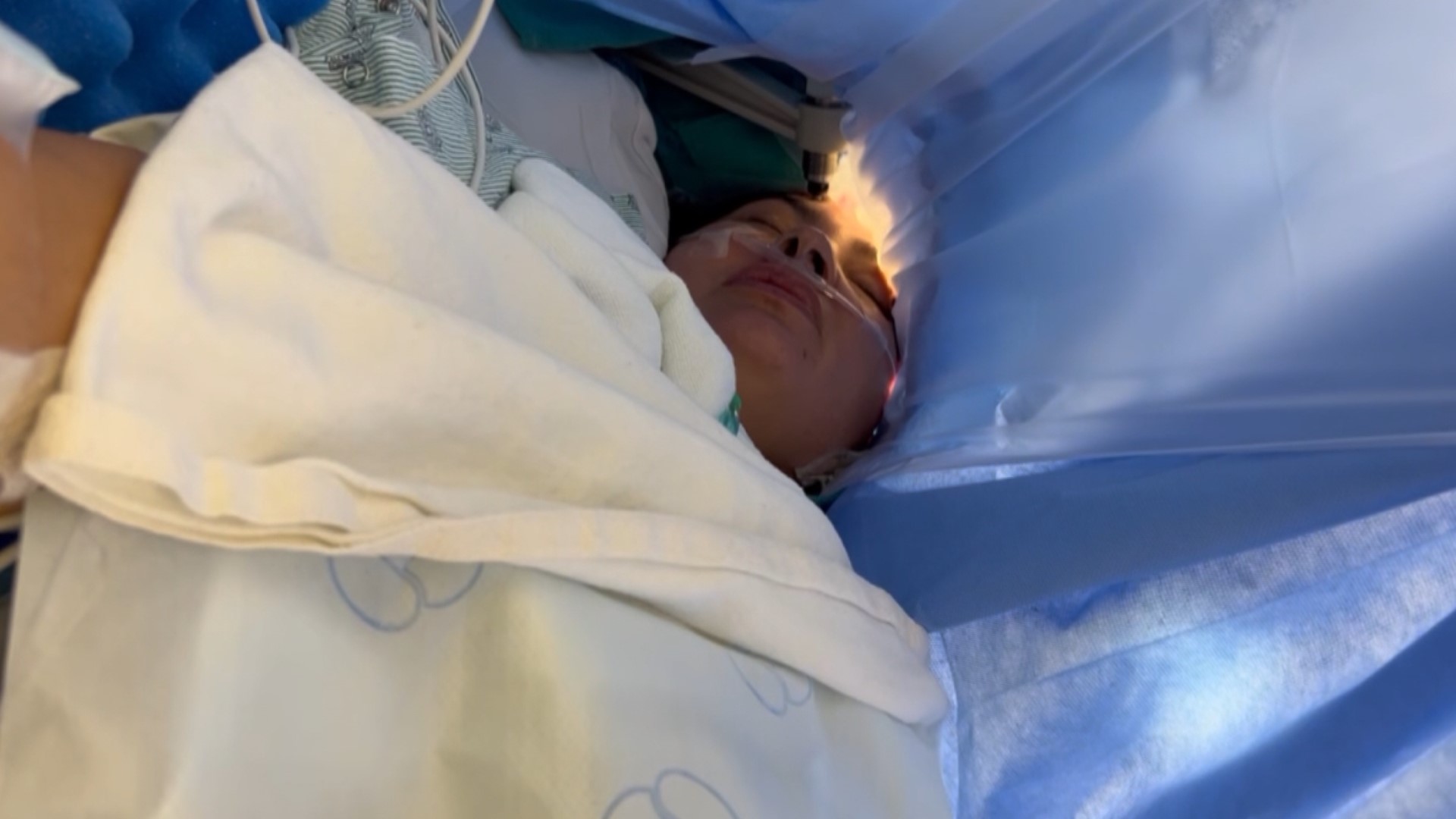One-in-8 women will develop breast cancer during their lifetime.
Breast cancer is the most common type of cancer in women, only after skin cancer. But there may be new hope for this disease.
Researchers at the Mayo Clinic in Jacksonville, FL are conducting clinical trials for vaccines for people with breast cancer.
What are some of the new vaccines which are being developed?
There are multiple breast cancer vaccines being developed right now. One type of vaccine being developed is for people who have HER-2 breast cancer.
HER-2 stands for human epidermal growth factor receptor 2. It is protein that causes breast cancer cells to grow quickly, reoccur and spread across the body.
About 1-in-5 breast cancers are HER-2 positive. The vaccine is given with another drug (Trastuzumab), which also stimulates the body’s immune system. The drug stimulates the body’s own b-cells to kill the cancer cells. The vaccine works by stimulating the t-cells, which create a long-term response that allows a person’s own body to help fight off the disease from coming back.
Another new vaccine being tested in clinical trials at Mayo is for triple negative breast cancer. This vaccine helps the body’s immune system block the tumor cells from getting folate, which is an essential vitamin needed for the tumor cells to grow.
If researchers are successful, what could this mean for the future of diagnosing and treating breast cancer?
This is still in the investigational stages, but it provides hope for breast cancer patients who have this type of disease. There are gene mutations that doctors can test for. Based on the results of this testing, how far the tumor has spread, and other factors, doctors can tailor treatments specifically for the type of breast cancer. Having a vaccine that can stimulate a person’s own body to develop a long-term immune system response to the cancer is another way to combat breast cancer.
Why do people choose not to participate in clinical trials?
Minority populations and women are often underrepresented in clinical trials research. It is estimated fewer than 5 percent of people will enroll in a clinical trial. People commonly say they do not enroll in clinical trials due to concerns about safety, being a “guinea pig,” not knowing eligibility, difficulties fulfilling all the requirements to stay in the trial, etc.
Clinical trials are designed to help identify who the drugs/vaccine might work best in, who they may not work well for, how safe they are and how effective they are. Having a diverse pool of people participate in these trials is key to understanding how the potential drug or vaccine may work in real-life.
Resources for people interested in clinical trials
There are clinical trials going on all around you. You don’t have to be sick to be in a clinical trial. You can look at national sites like clinicaltrials.gov to identify clinical trials you may be eligible for or look locally at the hospitals around you. Many of them have websites offering opportunities to enroll in clinical research trials. You can also ask your healthcare provider if you might be eligible for a trial.
Follow 9NEWS Medical Expert Dr. Comilla Sasson on Facebook and Twitter. Have a medical question or health topic idea? Email Dr. Comilla at c.sasson@9news.com.



